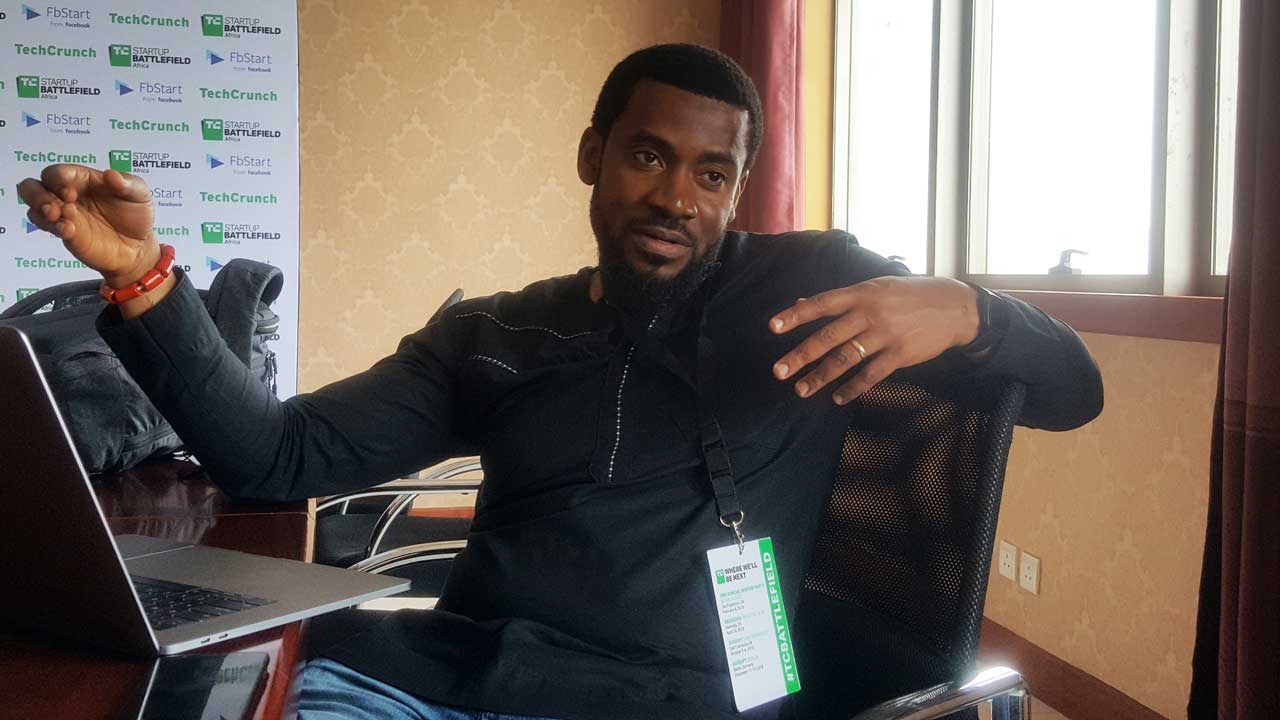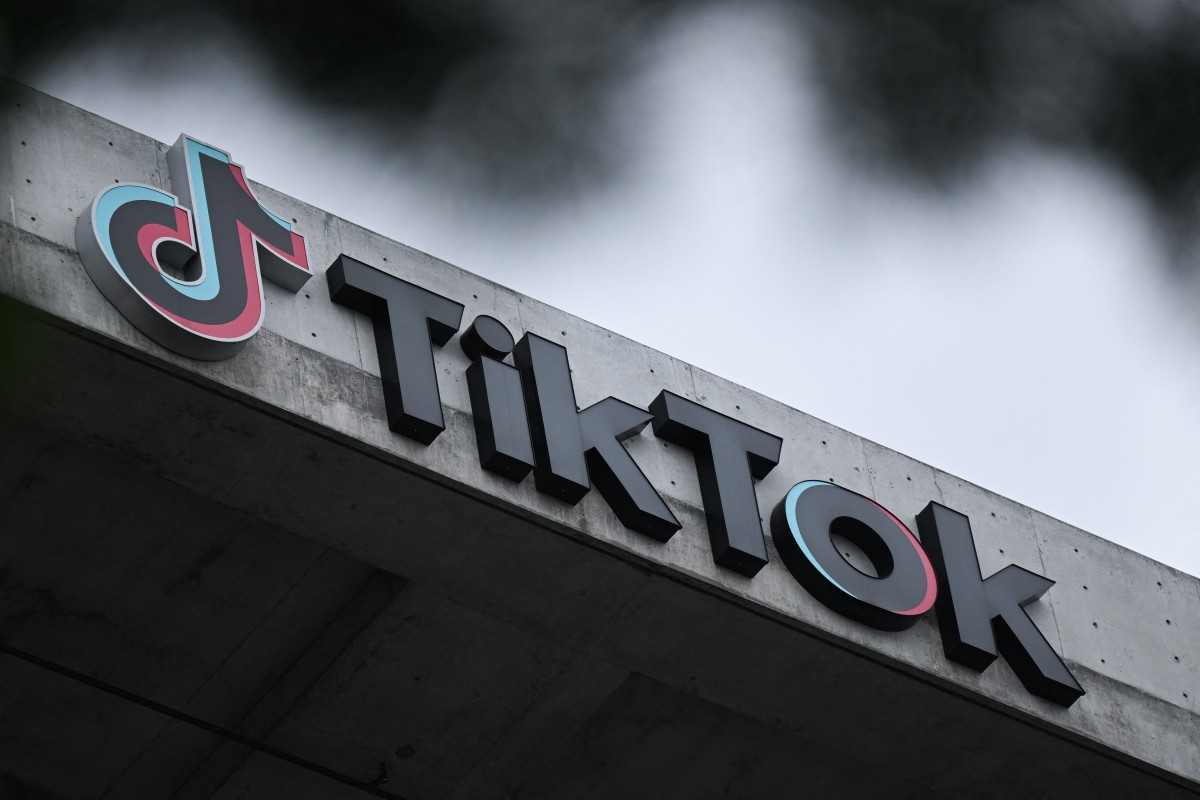
Software developer and Head, Platform Partnerships, Middle East and Africa, Facebook, Chukwuemeka Afigbo plays a very unique role at the company’s Menlo Park, California, United States headquarters, as he is charged with using local communities to drive the platform’s developer ecosystem across the two regions. His passion for technology has seen him work on driving Facebook’s global developer partnerships in Middle East and Africa. He spoke with ADEYEMI ADEPETUN about how Facebook is impacting the tech space in Nigeria, proper regulations and sundry issues. Excerpts:
How would you describe the impact of Facebook on Nigeria and Africa?
Our mission gives people the power to build communities in order to bring the world closer together. And that permeates all our platforms. From Facebook to WhatsApp, Instagram and all that. I know that currently, in Africa, we have about 67 million people who are active every day on the platform. And these people are doing different things. They are running their businesses; they are getting in touch with families, all sorts of things. That has built that layer of communication in the continent that people are leveraging across different platforms; bringing people together. That has also had impact on the economy, on education, on even normal wellbeing, being in touch with family and things like that.
Can you be specific about Nigeria?
In Nigeria, I think we currently have about 14 million daily active users and about 27 million active users monthly. Coming to Nigeria, again the platform has been very useful. A lot of people have built their careers on the platform on the entertainment space and even now, on the tech space. Talking about partnerships with the developers’ ecosystem, if you come to Nigeria, we have the NG_Hub project that we launched earlier this year. Then we have a number of initiatives for small businesses, for creatives, for tech entrepreneurs and all sorts.
We currently kicked off an acceleration programme for tech entrepreneurs at NG_Hub. This programme is not just in Lagos, but also spans the whole country through coollaborations with about seven tech hubs across the country, in Kano, Kaduna, Port Harcourt, Jos and a number of other cities. On the SME side, we recently concluded a training of some people who are interested in leveraging digital marketing to drive their business and we graduated a whole lot of people who are able to do that. Sothere are a number of initiatives that we have here in Nigeria.
Is Facebook in any partnership with the Nigerian government at any level?
We have a team that is focused on driving partnerships with the government and they’ve delivered a number of initiatives. For example, there was one that happened about two years ago, where we actually trained members of the National Assembly on how to leverage social media. We have also worked with a number of government parastatals, like the NSCDC and the Nigerian Centre for Disease Control, where we founded a number of initiatives on how social media can be used to ensure that people are getting the right information about epidemics and things like that. So yes, we partner with the government in a number of ways and even when you look at a lot of the infrastructure projects that we do, there is no way you can do that scale of projects without having some king of government involvement.
In terms of data management and risk, how is Facebook handling the reality of the Nigerian market?
As you know, user privacy is very important to us at Facebook. So, one thing that we continue to do is to engage the local ecosystem here. In doing so, we hold focus groups with civil societies and people who know about these things to get feedback and insights that we actually take back to our product teams back at headquarters. That way, when they are done rebuilding or revamping these products, they have this in mind. We actually have a team that is focused on platform policy, government engagement and things like that that make sure that we are always in touch with the regulatory authorities to know what the latest is with regards to regulations and make sure that our platform is not violating anything and that what we are doing is in line with the laws of the country.
Why did Facebook sponsor the TechCrunch Startup Battle?
TechCrunch is arguably one of the top media outfits that focuses on technology and the eyes of the tech world is always on TechCrunch. So wherever they go, the eyes of the tech world follow, which is why we came up with this partnership, to bring them to Lagos. We know that by them coming here, the attention of the tech world globally, not just in Africa, would be on Lagos. So just because of this event, we’ve had a number of people entering Lagos for the first time; venture capitalists, startup entrepreneurs.
We brought people from all over the continent and even from other parts of the world. So, we at Facebook, we wanted to leverage this to shine the light on the African ecosystem for this period. And it is not just about the country. We also have a series of activities that we’ve lined up, basically to celebrate technology in Africa. So there has been activities happening all over the place. We’ve had a startup summit. we’ve had a community leadership training, we’ve had an education roundtable, an Instagram event, and even an event for small businesses. This week, we’ve had a number of events all aimed at celebrating TechCrunch in Africa.
For this particular partnership, what were the contributions of Facebook actually?
We basically sponsored a huge part of it. Last year, in Nairobi, we sponsored the whole thing. So, it was because of Facebook that TechCrunch decided to come here. This time around, because of the impact of the last event, everybody knew something about it, and they got involved. We are not the sole sponsor of this year’s event. Other people have now come in to support, which was what we wanted.
It’s not just about Facebook, it’s about the ecosystem. And what we really want to do with this partnership is to plant that seed so that people can see what’s going on. There were people at the event, who have never attended a tech event in their life. It was the first time they are attending a tech event and they are surprised because they didn’t know things like these happen in their backyard. That’s why we’re doing it.
How is the regulatory environment doing?
The nature of innovation is that regulation always plays catch up. So, our regulatory environment is doing that; trying to play catch up with the innovation. Now, the government is having the innovators in the conversation at the beginning. But it’s still going to take a few months or years before we see the ripple effect of that move. Then, ofcourse, infrastructure. But the infrastructure also provides opportunities, because solving those infrastructure problems is a huge financial opportunity.
Compared to other parts of the globe, would you say developers in these parts have become competitive?
The short answer is yes. The longer version of that answer is that we haven’t hit critical mass. So, the talent is there. And it’s not just potential; people are actually doing stuff. We have a lot of developers in Nigeria who are being hired to work for companies outside while they are still here. The talent is here, but we haven’t hit the critical mass. That’s one way of explaining it. For us to hit the critical mass, there are a number of things that still need to happen. For us to do that, tech has to become mainstream. It shouldn’t be just for tech people, but for all.
[ad unit=2]






